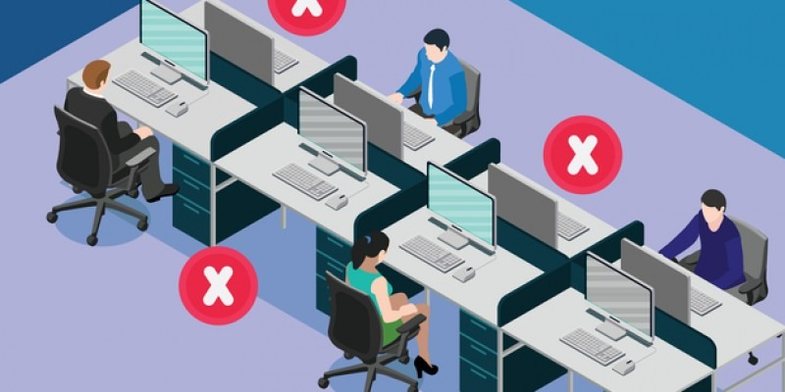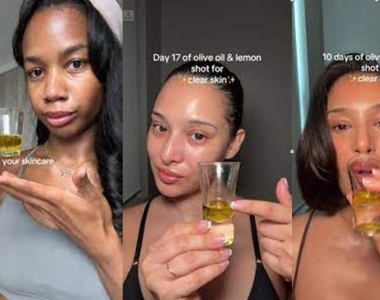
The coronavirus loses 90% of its ability to infect us within 20 minutes of being released into the air, suggest the world's first simulations of how the virus survives in the air.
Research reiterates the transmission of Covid over short distances, where physical distancing and wearing masks is likely to be the most effective means of preventing infection. Ventilation, though valuable, is likely to have a lesser impact.
"I think the biggest risk of exposure is when you are close to someone," said Prof. Jonathan Reid, director of the University of Bristol Aerosol Research Center and lead author of the study. "When you stay away, there are even fewer infectious viruses because the virus has lost its infectivity [as a result of time]."
The study showed that when the humidity was 50% - similar to the relatively dry air found in many offices - the virus loses about half of its infectivity within five seconds, after which the decline was slower and more stable, with a further loss of 19% over the next five minutes.
At 90% humidity - roughly equal to a steam room or shower - the decline in infectivity was more gradual and 52% of the particles remained infectious after five minutes, dropping to about 10% after 20 minutes.





